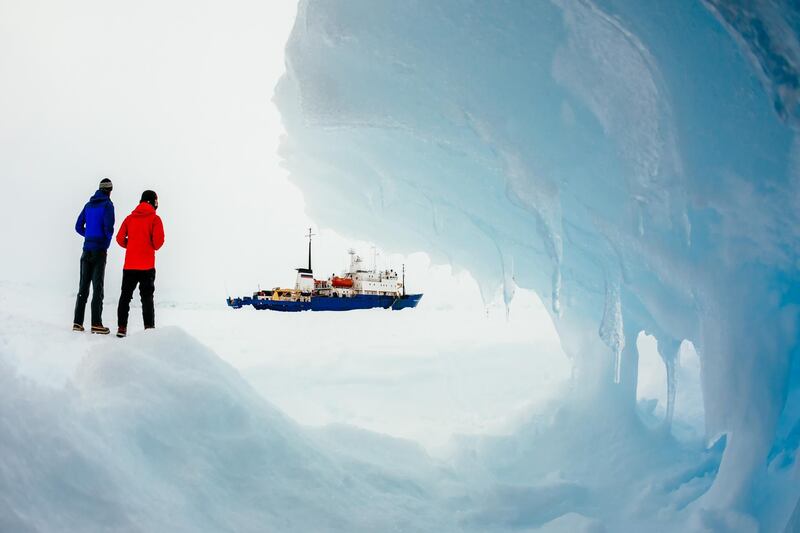Most people concur that planet Earth is being irrevocably altered and damaged by the ravages of human behaviour. But with the mounting urgency of dealing with climate change and the need to bequeath a healthy planet to future generations comes a seismic question: what to do about it? In 2006, Al Gore's documentary An Inconvenient Truth illuminated the palpable threat of climate change to viewers across the world. Mr Gore, who won a Zayed Future Energy Prize in 2015, was back in the UAE last month to raise awareness of the greatest challenge of our time. Twelve years on from his expose, the threat posed by climate change is even more pressing. As The National reported this week, two NYU Abu Dhabi scientists are working on a documentary charting glacial retreat in Greenland and Antarctica. In both regions, ice sits on land, meaning glacial melting will substantially raise sea levels by the end of this century, a frightening possibility in the not-too-distant future.
The need to protect the environment we live in dates back to Sheikh Zayed's time.The UAE's rulers have put sustainability at the heart of the transition away from dependence on oil, embodied in projects like Masdar, but there is much work still to be done. The country, the only signatory in the region to the Paris Climate Accord, has a scarcity of natural resources and needs to protect those it does have, including a variety of rare creatures such as the endangered dugong.
Innovation is our main hope for dealing with a warming climate. As The National reported today, Dubai-based company Ecocoast is designing a 550-metre barrier to catch plastic debris in the sea. More than eight million tonnes of plastic are dumped annually into the world's oceans, making its work particularly important. Elsewhere, researchers in the US and UK have engineered an enzyme that consumes plastic. The pace of global climate action is slower than that of climate change. If we are to save the planet, environmental awareness must be matched by innovation. It falls on governments worldwide to foster it.





